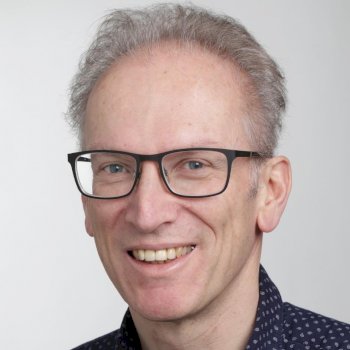
Children’s Hospital of Eastern Ontario, Canada
Hanns is a neurologist and clinical academic specializing in genetic neuromuscular disorders and rare disease. He is a Senior Scientist at the Children’s Hospital of Eastern Ontario (CHEO) Research Institute. He also holds appointments as Professor of Neurology in the University of Ottawa Faculty of Medicine and the Department of Medicine, Division of Neurology at The Ottawa Hospital. Dr Lochmuller has been awarded a Tier 1 Canada Research Chair in Neuromuscular Genomics and Health.
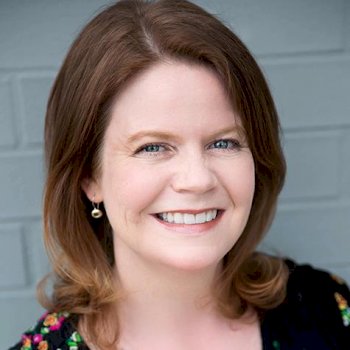
The University of New South Wales, Faculty of Science, Australia
Dr Oates is a clinical geneticist and neurogenetics consultant. She has over 13 years of experience in the diagnosis and management of children with neuromuscular disorders, heads the UNSW Medical Genomics Team, and specialises in the characterisation of new disorders and the use of advanced sequencing technologies for gene discovery.
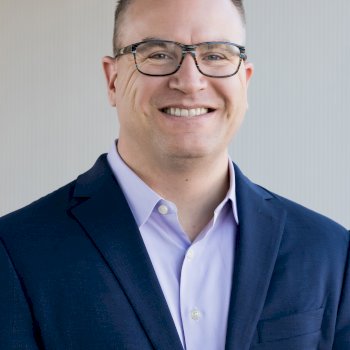
Hospital for Sick Children, Canada
Dr. Dowling is a clinician-scientist focused on gene discovery and therapy development for childhood muscle diseases. He is a staff clinician and senior scientist at the Hospital for Sick Children, a Professor of Paediatrics and Molecular Genetics at the University of Toronto, and the Mogford Campbell Family Chair of Paediatric Neuroscience.
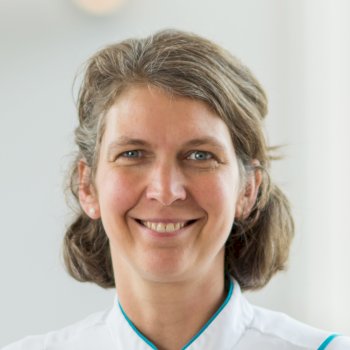
Radboud University Medical Centre, Netherlands
Nicol Voermans has been working in the field of neuromuscular disorders for over 15 years. Her current research focuses on clinical and genetic features of facioscapulohumeral muscular dystrophy, both in childhood and adulthood.
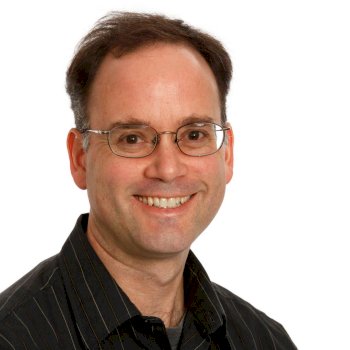
The Jackson Laboratory, United States
The Burgess lab uses mouse models of neuromuscular and neurodevelopmental disorders to understand disease mechanisms and to perform preclinical studies.
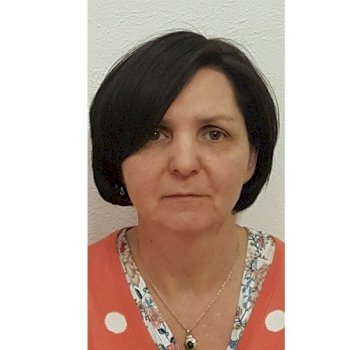
Medical University of Vienna, Austria
Neurologist and neurophysiologist, mainly focuses on inherited neuropathies and neuromuscular disorders, phenotype-genotype correlations and gene discovery.
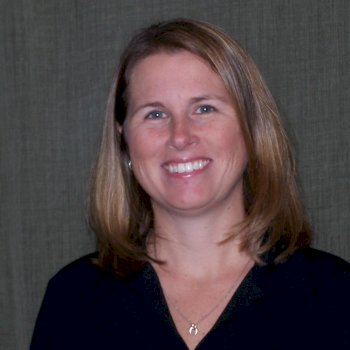
University of Rochester Medical Center, United States
I am a clinician and clinical researcher at the University of Rochester. I am involved in selection and standardization of outcome measures for studies involving individuals with neuromuscular conditions. My interests are in promoting health and wellness and optimizing outcome measures for clinical care and research.
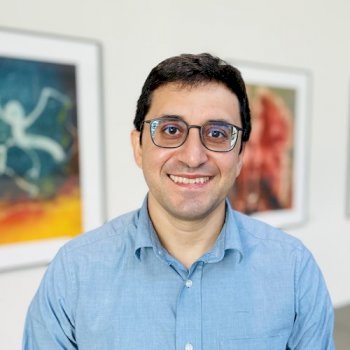
Johns Hopkins University School of Medicine, United States
Dr. Mohassel is an Associate Professor of Neurology at Johns Hopkins University School of Medicine. Dr. Mohassel’s research focuses on translational studies of neuromuscular disorders, and it spans gene discovery efforts, mechanistic studies to identify therapeutic targets, and early phase interventional clinical trials.
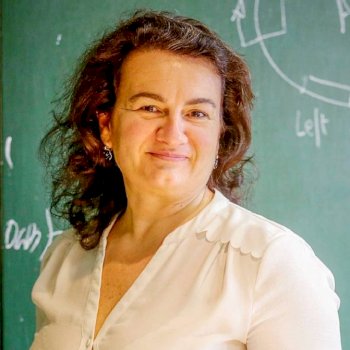
Aix-Marseille Université - INSERM, France
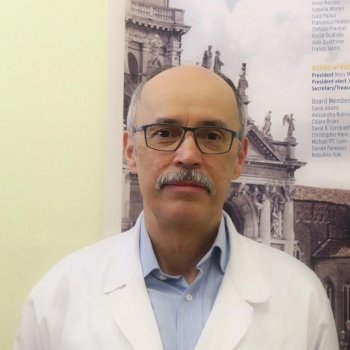
Fondazione IRCCS Istituto Neurologico C.Besta (FINCB), Italy
Dr David Pareyson is a Clinical Neurologist working at the Fondazione IRCCS Istituto Neurologico C.Besta, Milan-Italy. His main interest is clinical research on neurological rare diseases, particularly Charcot-Marie-Tooth disease and related neuropathies. He is or has been Chair (CMTR, ASNP) or Board Member (ENS, PNS, CMTR, EURO-NMD ERN) of National/ International Societies/Committees.
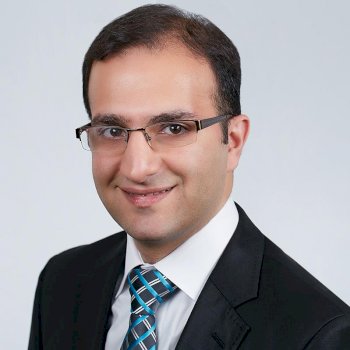
Kate Therapeutics, United States
Sharif Tabebordbar is currently co-founder and Chief Scientific Officer (CSO) of Kate Therapeutics, a San Diego based gene therapy company focused on developing AAV-mediated therapies for genetic muscle disease. Dr. Tabebordbar received his Ph.D. in developmental and regenerative biology from Harvard and has developed novel technologies that enable tissue-targeted viral gene delivery.
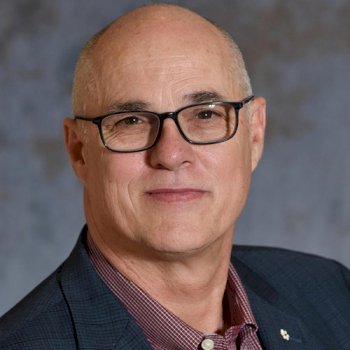
Ottawa Hospital Research Institute, Canada
Michael Rudnicki is a Senior Scientist and the Director of the Regenerative Medicine Program and the Sprott Centre for Stem Cell Research at the Ottawa Hospital Research Institute. He is Professor in the Department of Medicine at the University of Ottawa. Dr. Rudnicki is CEO and Scientific Director of the Canadian Stem Cell Network (SCN). Dr. Rudnicki’s achievements have been recognized by numerous honours including being named a Tier 1 Canada Research Chair, an International Research Scholar of the Howard Hughes Medical Institute for two consecutive terms, a Fellow of the Royal Society of Canada, an Officer of the Order of Canada, and a Fellow of the Royal Society (London). He has been a founder in several spin-off biotechnology companies including Satellos Bioscience.
How best should clinical trials be conducted to allow for proper determination of the efficacy of new treatments for neuromuscular diseases?
Throughout medicine there are examples of treatments that have failed to deliver meaningful clinical benefit, causing debate around methodology and emphasising the need for more robust clinical trial design using appropriate and robust endpoints. This becomes particularly critical in consideration of the burden of clinical trials and the challenges of measuring efficacy for rare diseases.
In this debate Nicol Voermans and Jim Dowling will present the extremes of the biomarker vs outcome measures debate.
Join us for WMS’s debut in-person debate, moderated by Meredith James and Gina Ravenscroft, which we hope will be a lively event that ticks the triple E remit of the WMS - education, enjoyment and excitement!

Radboud University Medical Centre, Netherlands
Nicol Voermans has been working in the field of neuromuscular disorders for over 15 years. Her current research focuses on clinical and genetic features of facioscapulohumeral muscular dystrophy, both in childhood and adulthood.

Hospital for Sick Children, Canada
Dr. Dowling is a clinician-scientist focused on gene discovery and therapy development for childhood muscle diseases. He is a staff clinician and senior scientist at the Hospital for Sick Children, a Professor of Paediatrics and Molecular Genetics at the University of Toronto, and the Mogford Campbell Family Chair of Paediatric Neuroscience.
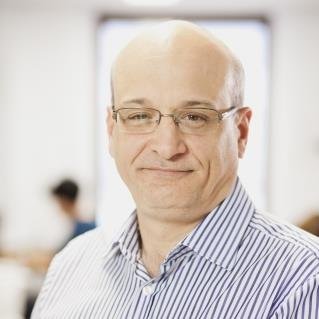
Montreal Neurological Institute and Hospital, Canada
Neurogeneticist of neuromuscular disorders with an expertise in NMD more prevalent in the French-Canadian population. Director of the Rare Neurological Diseases Group of the Montreal Neurological Institute and Hospital.